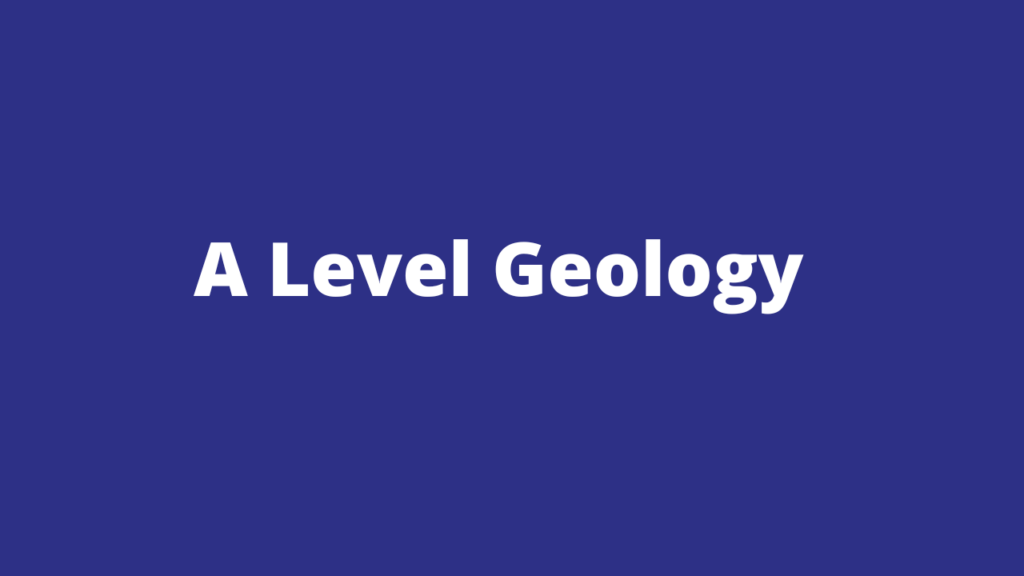 What Is A level geology?
What Is A level geology?
Geology is an exciting subject that appeals to Physical Geography and Science-based students. A-Level Geology is a two-year course that allows you to study Plate Tectonics, Rock Processes and Products, and Environmental Geology. Many students who enjoy and succeed in this subject go on to pursue a variety of degree programmes, including Geography, Geology, Environmental Science, Geochemistry, and Geophysics. However, existing data shows that, on average, only medical and dentistry graduates earn more than geoscientists. This is because of the numerous opportunities that people in this career have at their disposal as either independent consultants, contractors or as an employee.
What are the entry requirements for the A-level geology course?
Before you submit an application for the A level geology course, you have to ensure that you have a strong interest in the planet and enjoy being outdoors and fieldwork.
After you confirm the above, ensure you meet the following requirements:
- A grade of 6 or B in GCSE Combined Science or equivalent is required.
- GCSE Mathematics grade of 5 or B
Please consider that some institutions may raise their entry requirements. In addition, to Maths and English, Science is generally required for A Level Sciences.
What are the most common modules at A-Level?
The A-level geology course is often up to two years in most colleges, where you undertake about six to seven modules. Irrespective of your institution, the following are the most common learning expectations.
Foundations in geology
Gives you an essential geological toolkit based on hands-on experience with rocks and fossils and learning to identify rocks, minerals, fossils, igneous, sedimentary, and metamorphic processes, and the geological time scale.
Practical geology skills
Improves your geological field skills, such as rock description and map creation, and gains the ability to carry out laboratory experiments.
Understand global tectonics
The A level geology course will improve your knowledge of the Earth and its location in the solar system. You’ll learn about the structure of the Earth, how it formed, and how plate tectonics works.
Interpreting the Past
You will learn how sedimentary rock strata and fossils can be used to reconstruct Earth’s history.
Economic Geology and petrology
Advanced sedimentary, igneous, and metamorphic processes, as well as hydrogeology and the formation and extraction of mineral resources such as gold, are all covered.
Geohazards
The course includes earthquakes, landslides, and sinkholes among other hazards. You will learn about risk assessment and how engineering geology can be used to mitigate geological hazards.
Basin Analysis
Sedimentary basins are studied using a multidisciplinary approach. In Britain for example, you will learn about the scenic rocks of the United Kingdom, such as the Jurassic Coast. You will also learn about the formation of oil and gas, as well as fossil groups such as dinosaurs.
Are there any field trips for the A-level geology course?
Of course, yes. Geology is a field science, and you will be required to work in remote locations. You will travel to fascinating and beautiful locations to expand your knowledge.
What can I do after completing the course?
Geology is detective work, and you will gain many investigative, observational, and interpretational skills that employers and universities highly value. Besides, there are many geological careers in demand worldwide and earn high salaries. Geology was an important first step toward a well-paying, rewarding, and globe-trotting career for many previous students.
Geology Tutor